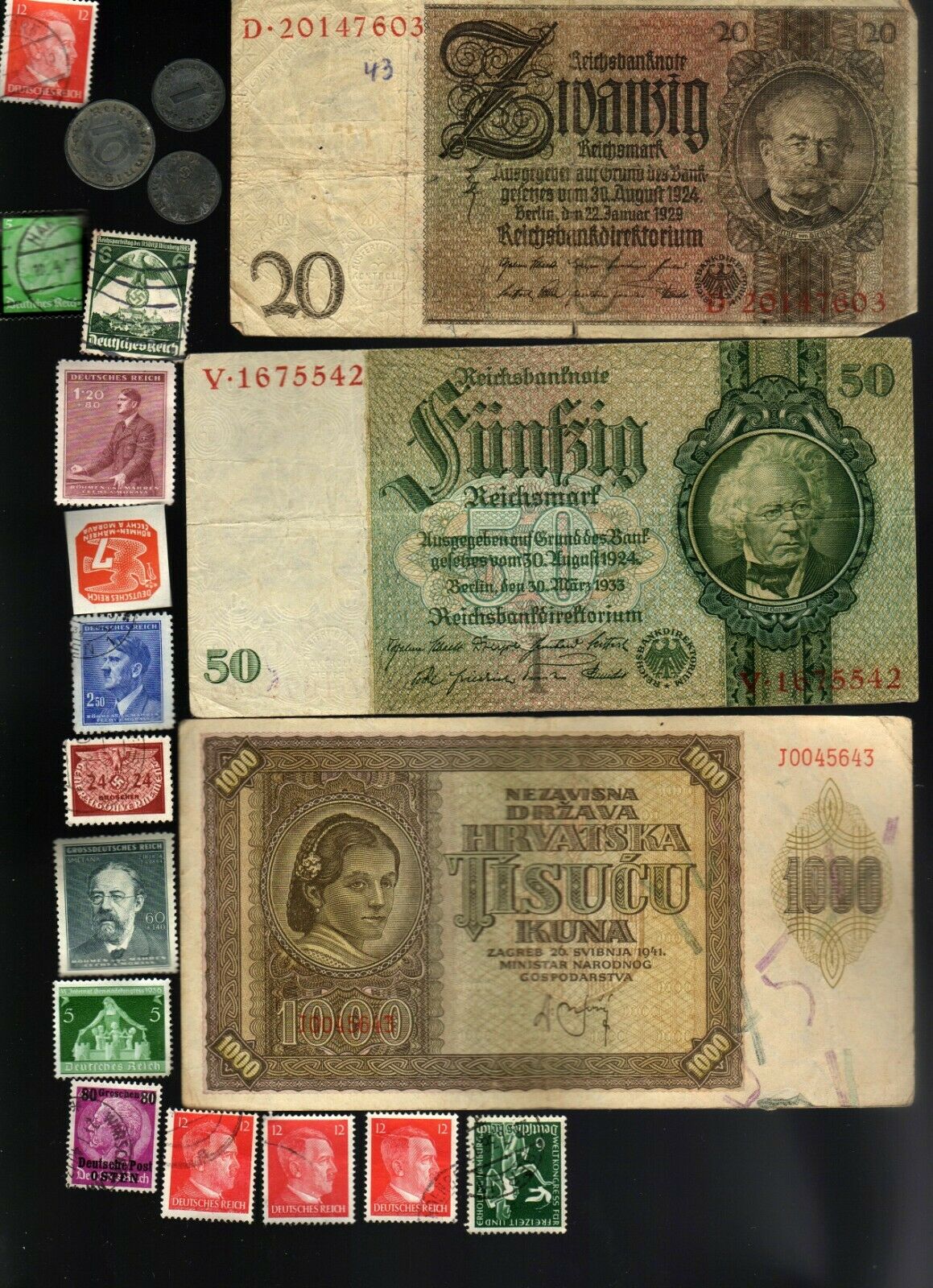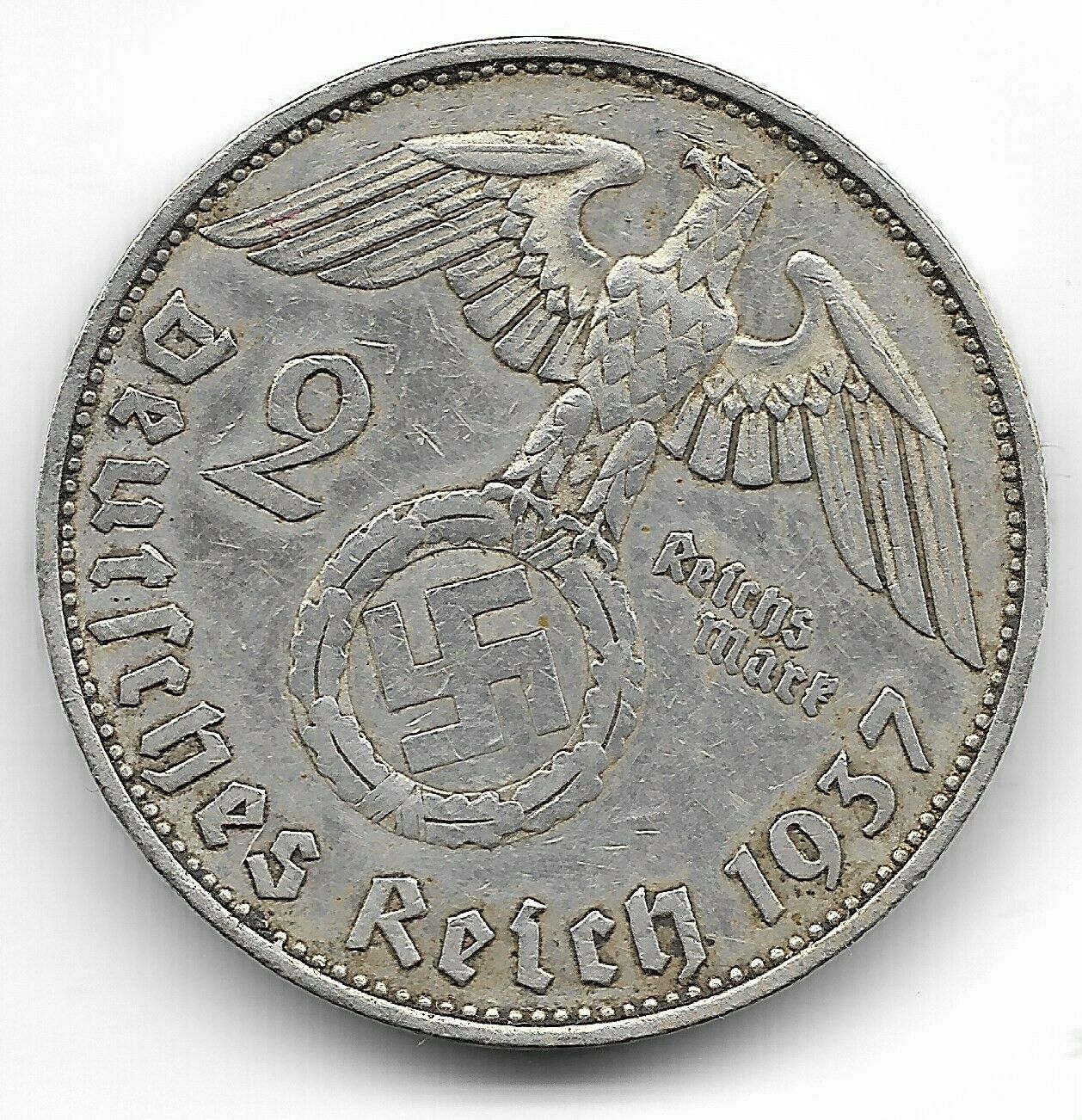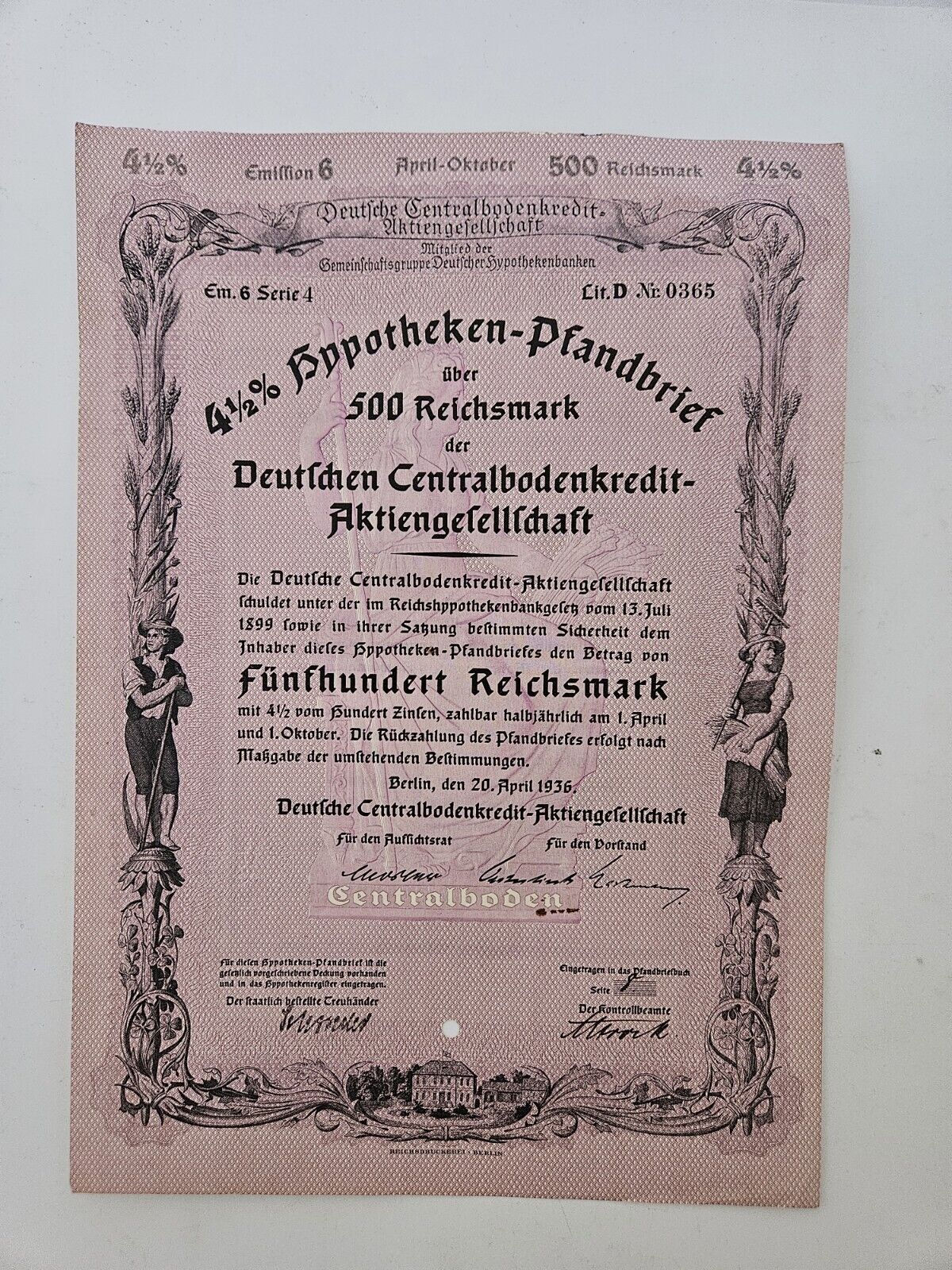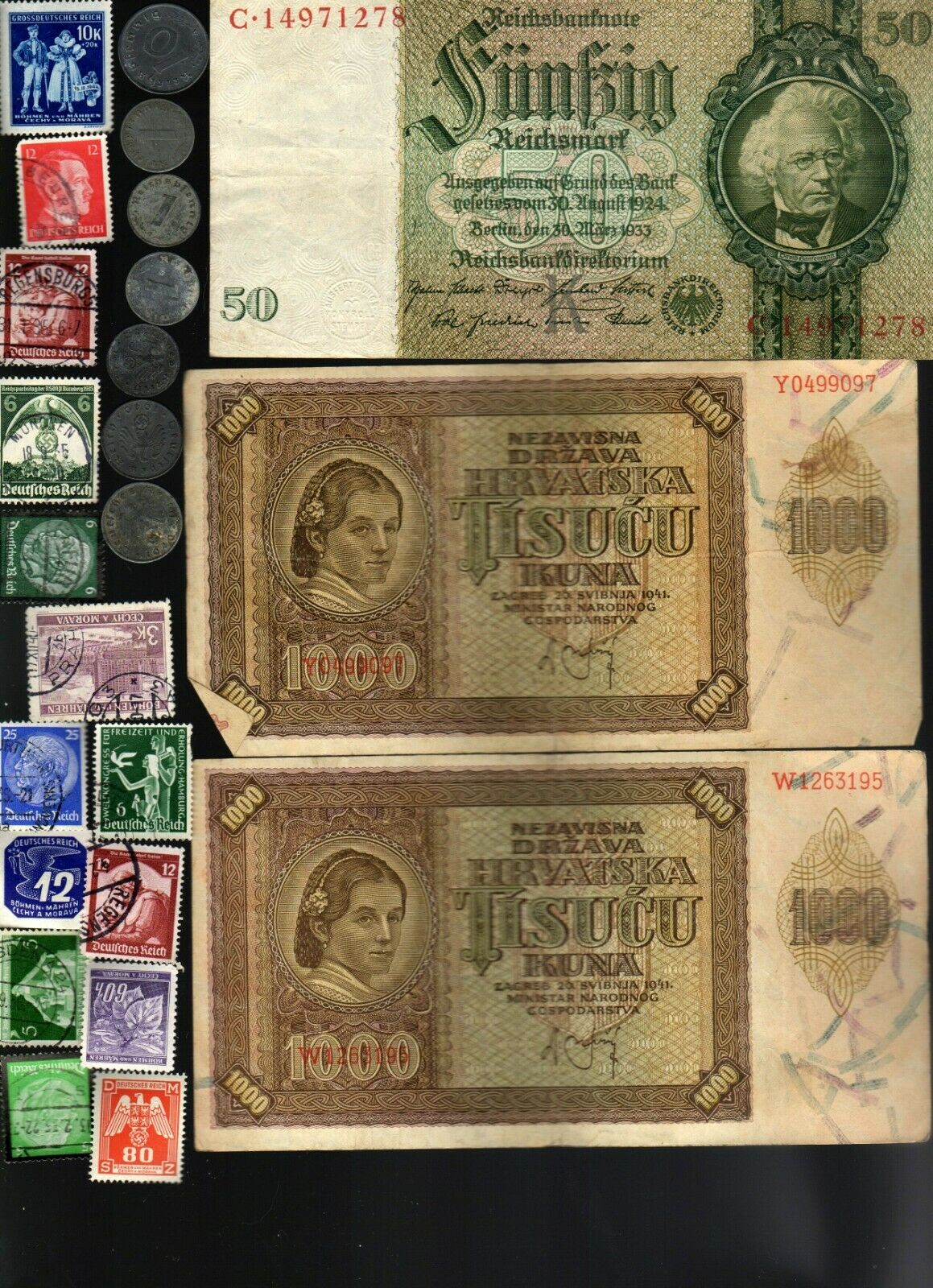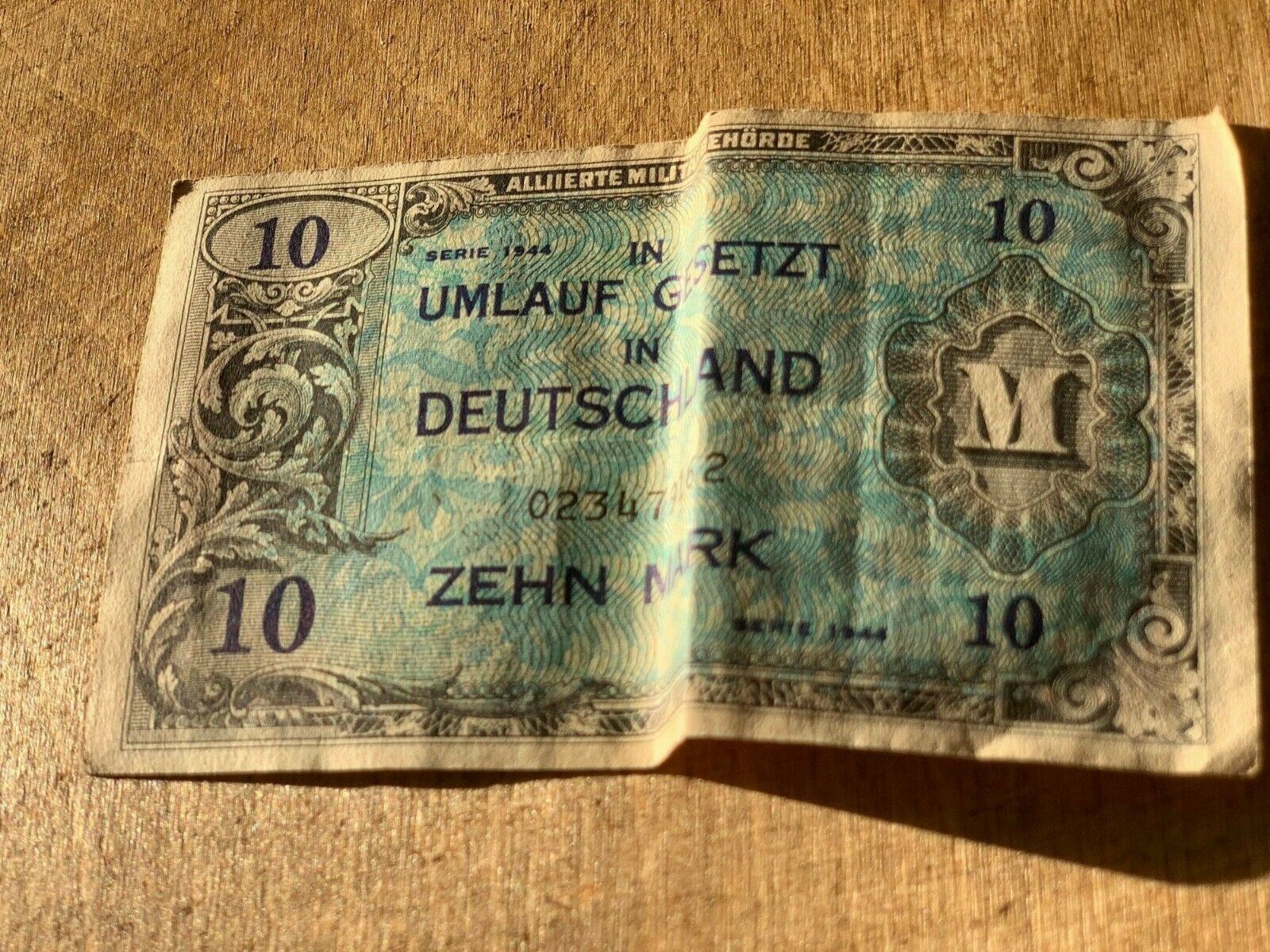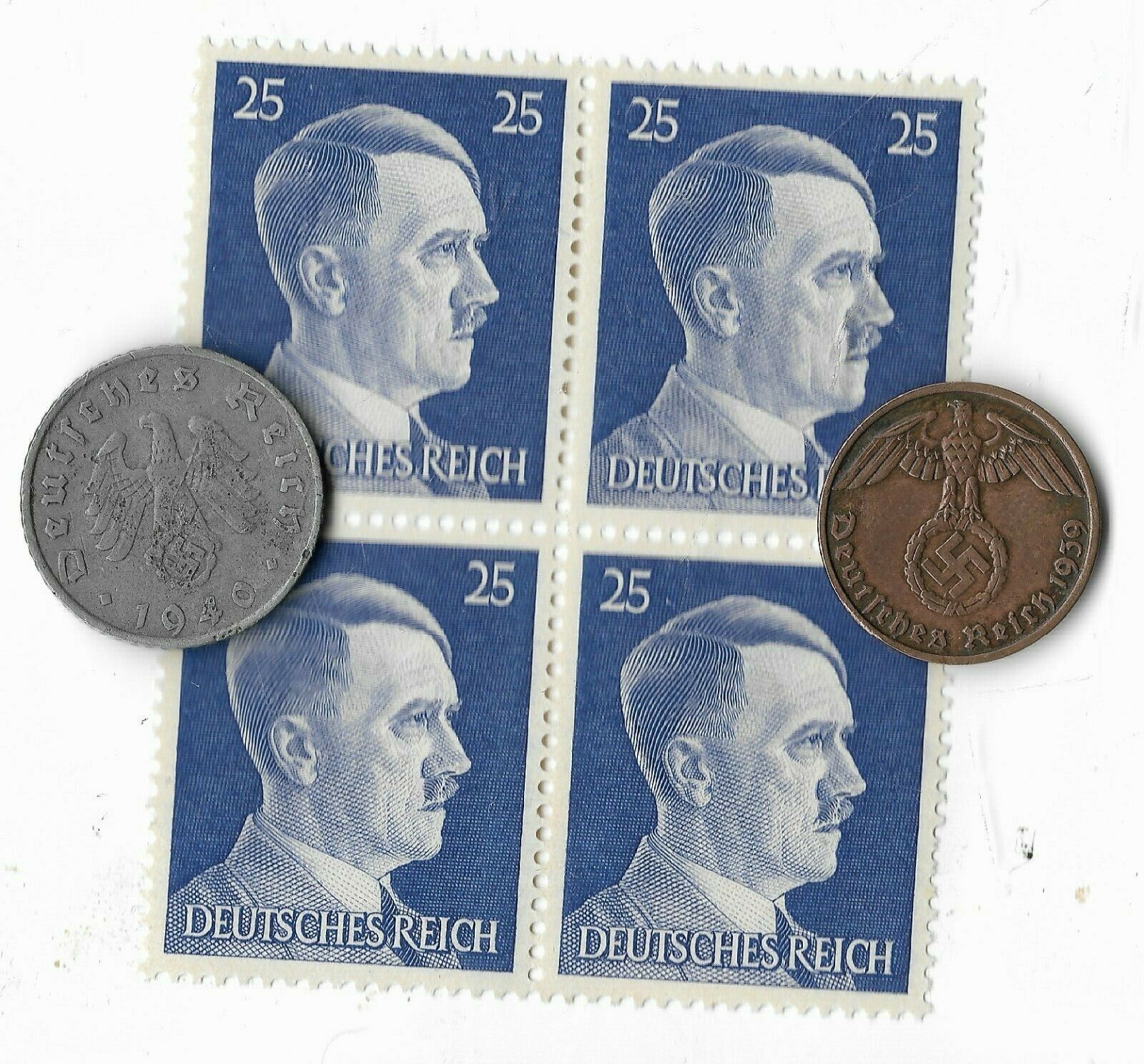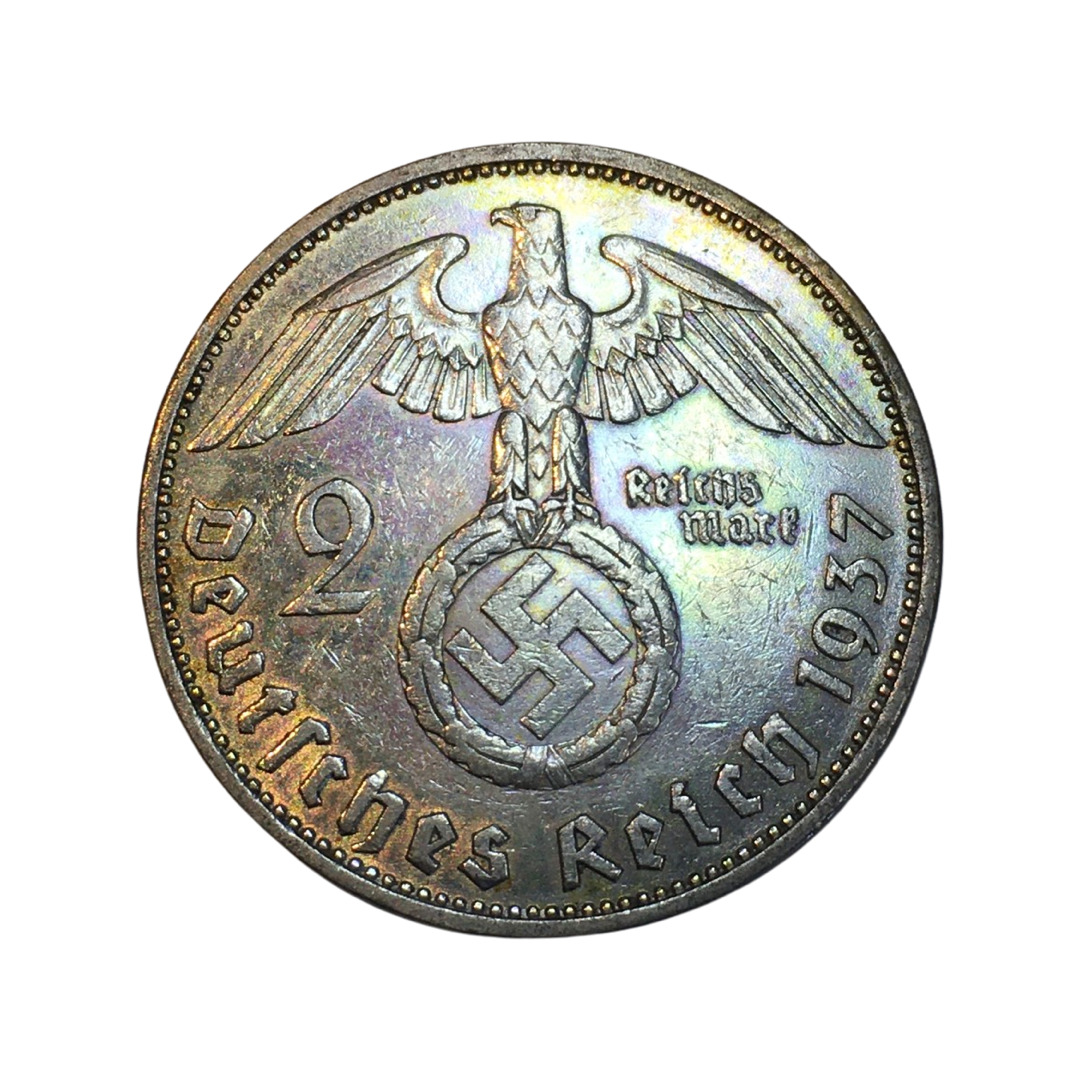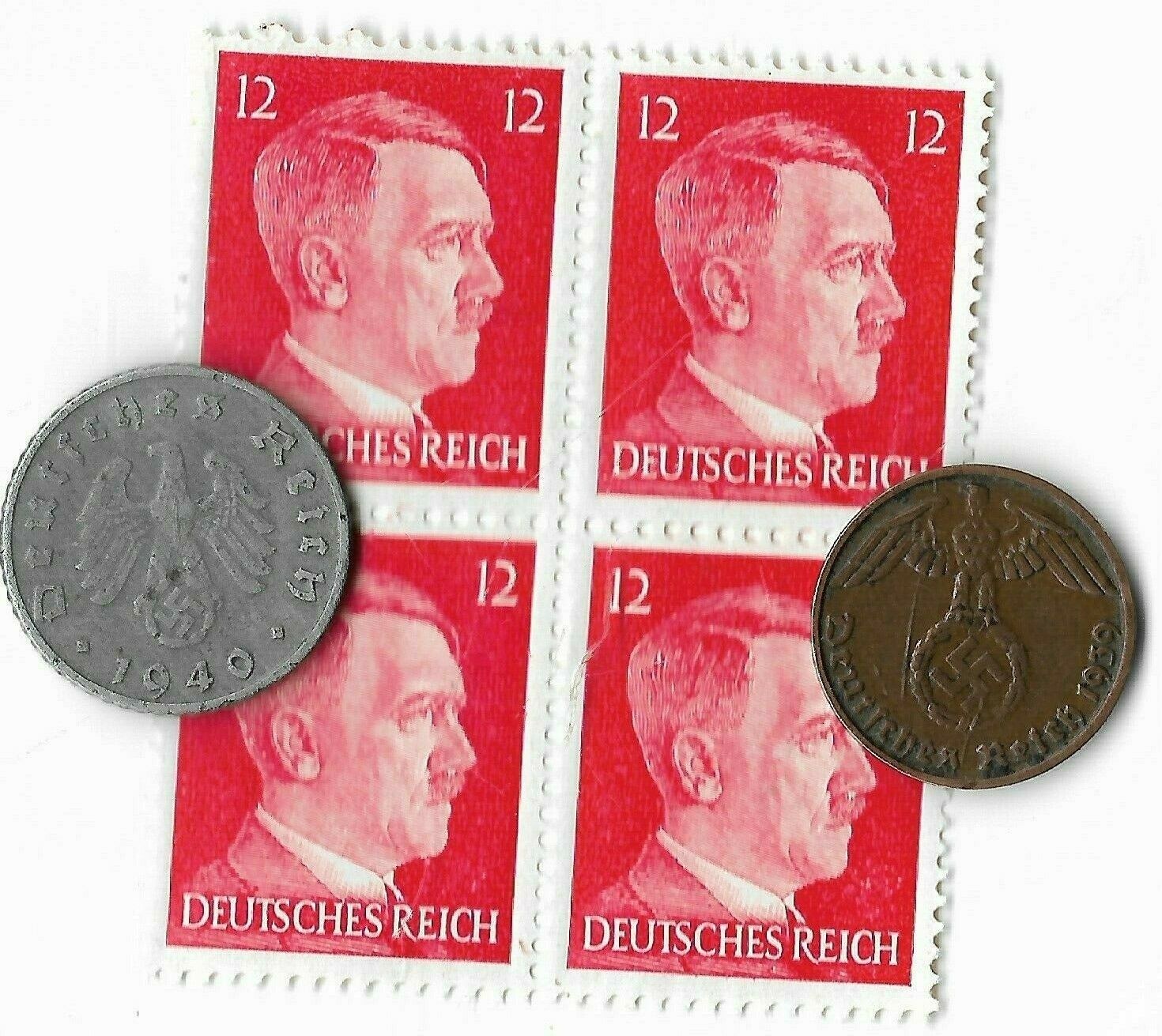-40%
Rare US WWII Coin Collection German Stamp War Lot Silver Mercury War Nickel 498
$ 14.25
- Description
- Size Guide
Description
View more great itemsWorld War II Historical Sale!!!!!
Check Out My Other WWII Items For Sale! Can Combine Orders!!!!
CLICK HERE >>>>
https://www.ebay.com/str/Arcane-Treasures
<<<< CLICK HERE
Up For Sale Is A Lot Of Ten (10) US & German World War II Currency. Includes One OPA Red, One OPA Blue, 1944D Silver Jefferson Nickel, 1945P US WWII Silver Mercury Dime, 1943 US Emergency Issue Steel Cent, 2 Deutsches Reich Government Leader Postal Stamps (One Of Them With A Ukraine Takeover Overprint), WWII German Wartime Issue 1 Reichspfennig (With Symbol), WWII German Wartime Issue 5 Reichspfennig (With Symbol) And One WWII German Wartime Issue 5 Reichsmark Banknote (With Symbol).
More OPA History Info:
The Office of Price Administration used OPA stamps, coins and chits for rationing. OPAs were used for change for food. OPAs were used by retailers to give change back for food bought with ration stamps.
OPA stands for Office of Price Administration Rationing was first started in 1942. Items that were rationed include canned goods, meats, sugar, coffee, tires, gas and more. The Office of Price Administration used OPA stamps, coins, and chits for rationing. OPA coins (commonly called OPAs) were used for change for food. OPAs were used by retailers to give change back for food bought with ration stamps. Blue tokens were used for processed foods; red tokens for meats and fats. OPAs were first issued in 1944Stopped being issued in 1945Nobody has found a true reason for the letters on the OPA’s. Theories include, they are random; demographics; and prevention of counterfeiting. Red letter combinations known. HC, HT, MM, MV, TH, TY, UC, UH, UT, UV, UX, UY, VC, VH, VT, VU, VX, VY, XC, XH, XT, XU, XV, XY, YC, YH, YT, YU, YV, YX. Blue letter combinations known. CC, CH, CT, CV, CX, HH, HU, HV, HX, HY, TC, TT, TU, TV, TX, UU, VV, WC, WH, WT, WU, WW, XX, YY The rarest is the red MV. The next rarest are the blue WH and then red MM and the blue CX and WC. Then blue WW and XX. The rest are fairly easy to find. Reds are a lot more common than blues. Error OPAs are worth a little more. There is a good example at the end of this page. OPA tokens were used for rationing during World War II There are 30 different red tokens and 24 blue ones. They are all vulcanized fiber (celluloid) and 16mm in size. Blue ones read: OPA Blue Point 1 (with two different letters) Red ones read: OPA Red Point 1 (with two different letters)
More Steel Penny Info
:
Due to wartime needs of copper for use in ammunition, communication and other military equipment during World War II, including windings for massive uranium gas separation magnets as part of the Manhattan Project, the United States Mint researched various ways to limit dependence and meet conservation goals on copper usage. After trying out several substitutes (ranging from other metals to plastics) to replace the then-standard bronze alloy, the one-cent coin was minted in zinc-coated steel.
More Silver Mercury Dime Info
:
The Silver Mercury dime is a ten-cent coin struck by the United States Mint from late 1916 to 1945. Designed by Adolph Weinman and also referred to as the Winged Liberty Head dime, it gained its common name as the obverse depiction of a young Liberty, identifiable by her winged Phrygian cap, was confused with the Roman god Mercury. Weinman is believed to have used Elsie Stevens, the wife of lawyer and poet Wallace Stevens, as a model. The coin's reverse depicts a fasces, symbolizing unity and strength.
More German Coin Info:
Very collectible and harder to get WWII German Reichspfennig ZINC coin from 1940 - 1944 with the German War Eagle holding the dreaded and feared symbol of its time. In 1939 German Leaders Succeeded by putting Poland under German rule, and thus precipitated WW2. With war came many changes, the production of German coins being just one. WW2 coincided with German mints ceasing production altogether of the silver Reichsmark WWII German coins. Further, all Reichspfennig German coins were now produced in cheaper zinc. Production of Silver German coins may have ceased with the start of WWII but the symbol clearly remained, emblazoned on zinc and copper Reichspfennig German coins, most of which were destroyed after the war along with the factories that made them. More Detailed History: WWII Germany started issuing clearly identifiable "WWII German" coins (ie with symbol) from 1936. Although the German Leaders were in power from 1933, the designs for the smaller denomination coinage were simply a continuation of "Weimarer Republik" designs. It was only from 1936 that the smaller denomination WWII German coins had the WWII German symbol incorporated into the coin's design. Prior to 1940, small denomination coins were minted from "superior" metals ie copper (1 & 2 Reichspfennig), Brass Alloy (5 & 10 Reichspfennig), and depending upon the year either Nickel or Aluminum (50 Reichspfennig). Things radically changed after the 1939 and the start of the Second World War however. After 1939, no more large denomination silver coins were minted (2 and 5 Reichsmark). Smaller denomination coins continued to be minted but no longer using the "superior" metals. From 1940, almost all the small denomination coins were minted from an zinc base metal. The exception to this were 50 Reichspfennig coins which were instead minted from an aluminum base metal.
WWII Germany had a number of mints (coin factories). Each mint location had its own identifiable letter. It is therefore possible to identify exactly which mint produced what coin by noting the mint mark (letter) on the coin. Not all mints were authorized to produce coins every year. The mints were also only authorized to produced a set number of coins with some mints allocated a greater production than others. Some of the coins with particular mint marks are therefore scarcer than others. On the smaller denomination Reichspfennig coins, the mint mark is found on the bottom center of the coin below the number value.
A = Berlin
B = Wien (Vienna)
D = München (Munich)
E = Muldenhütten (Dresden)
F = Stuttgart
G = Karlsruhe
J = Hamburg
I am not a collector, so I dont know professionally the conditions or grades .
Please feel free to refer to the picture provided because what is pictured is what will be received.
Great For Any Collector Of History Or World War II, Coins, Tokens, School Projects (Teachers love them) And More.
GREAT INVESTMENT ITEMS!!!
FREE DOMESTIC SHIPPING!!!!
LOW INTERNATIONAL SHIPPING!!!!
Check Out My Other WWII Items For Sale! Can Combine Orders!!!!
CHECK OUT MY OTHER
FREE US SHIPPING
AUCTIONS!!!!
CLICK HERE >>>>
https://www.ebay.com/str/Arcane-Treasures
<<<< CLICK HERE
Froo www.froo.com | Froo Cross Sell, Free Cross Sell, Cross promote, eBay Marketing, eBay listing Apps, eBay Apps, eBay Application
This store uses Ebays
Automatic Unpaid Item Assistant
that will send out payment reminders that it will call a case after 4 days of nonpayment saying to pay within 4 days after that. So as long as payment comes in before the 8th day all is good like nothing happened at all.
Ebay
has this
store setup to leave positive
feedback
automatically once it is left for the seller.
View more great items


